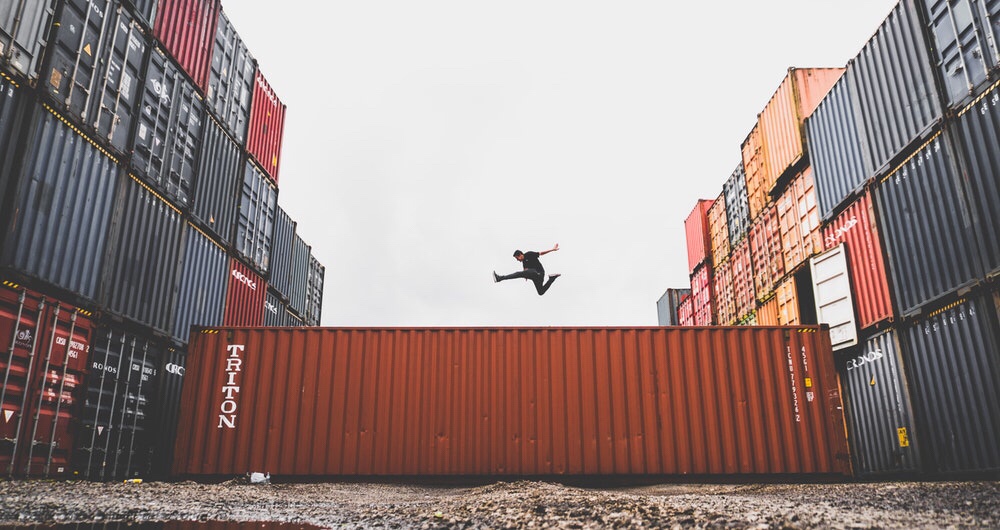Importing goods from other countries is very popular in case of certain products and services. Success in importing requires understanding about general international trade, specific foreign markets in addition to the demand and supply in the domestic market. Companies import goods for three reasons:
• Goods which are not available in own country. (E.g. Machinery, technology, certain natural products, chemicals etc.)
• Goods of specific brands which are not available in own country. (E.g. Fashion and luxury brands, liquor, some gadgets etc.)
• Goods which are cheaper in other countries than in own country. (E.g. Consumer goods, commodities, some food articles etc.)
Import of goods and services inside any country is highly regulated, because of
• The involvement of foreign exchange
• Impact of imports on the local economy
• International treaties between countries enforcing regulation of trade
Due to this, the rules governing import vary in every country. The company intending to import must consult some agency or consultant which is experienced in the import of the specific products or from the specific countries into its own country. These experts can help us in streamlining various requirements like licensing, procedures, documentation and other activities related to import. Some basic information is provided here for a general idea about importing.
Importing License
• Importing license depends upon the type of the item to be imported.
• Some items can be imported freely, without any license, whereas many other items do require an appropriate license.
• A license is issued by the government authority in charge of regulating imports in the country.
• Each license has a limited validity period, to be renewed periodically.
Categories of Imported Items
The imported goods are broadly classified into four categories:
• Freely Importable Items: These items can be imported without an import license. Generally, capital goods fall into this category.
• Licensed Items: These items can be imported through an import license only. The items are divided into product groups.
• Canalized Items: Certain items can only be imported through specified channels or government agencies.
• Prohibited Items: These items are completely banned from importing.
The categorization may vary from country to country. Each country includes or excludes the items into the specified categories depending upon its own economic conditions, industry structure and other internal realities.
Categorization of Importers
Importers are classified based on the final use of the imported items.
• Actual Users: An actual user is given a license to import any item for personal use and not for selling purpose. Companies can import capital goods under such a license.
There are two types of actual user licenses:
o General License: This license can be used for the imports of goods from all countries, except those countries from which imports are prohibited.
o Specific License: This license can only be used for imports from a specific country.
• Registered Exporters: These importers are registered exporters certified by the competent government authorities. To promote exports from their own countries, many governments give special import duty concessions to the exporters who import machinery, technology, raw material or other inputs etc. for producing or assembling goods which are finally exported.
• Others: Importers who import for reselling in their own countries.
Customs Clearance
At the time of actual arrival, the goods have to pass through the procedure of customs clearance. The goods are examined, appraised, assessed, evaluated and then allowed to be taken out by the importer. They determine whether imports conform to the description in the import license and whether they follow the importing guidelines or not. The customs officials even have a right to charge fines and penalties if any violation in the import license is found. The services of accredited customs clearing agents can be helpful in the entire process of customs clearance.
Warehousing of Imported goods
Sometimes, when the importer does not wish to clear the imported goods immediately, he can deposit the goods in a public or private bonded warehouse. This arrangement allows the importer deferring of payment of import duty on goods, till they are actually cleared.
(Expert advice to GROW your business wherever you are, whenever you want.
SMEBusinessGuide.com… https://goo.gl/E3pfoQ)
WHAT YOU CAN READ NEXT
NEXT POST:

Selecting the Overseas Supplier for Import
PREVIOUS POST:

General Guidelines For Export





